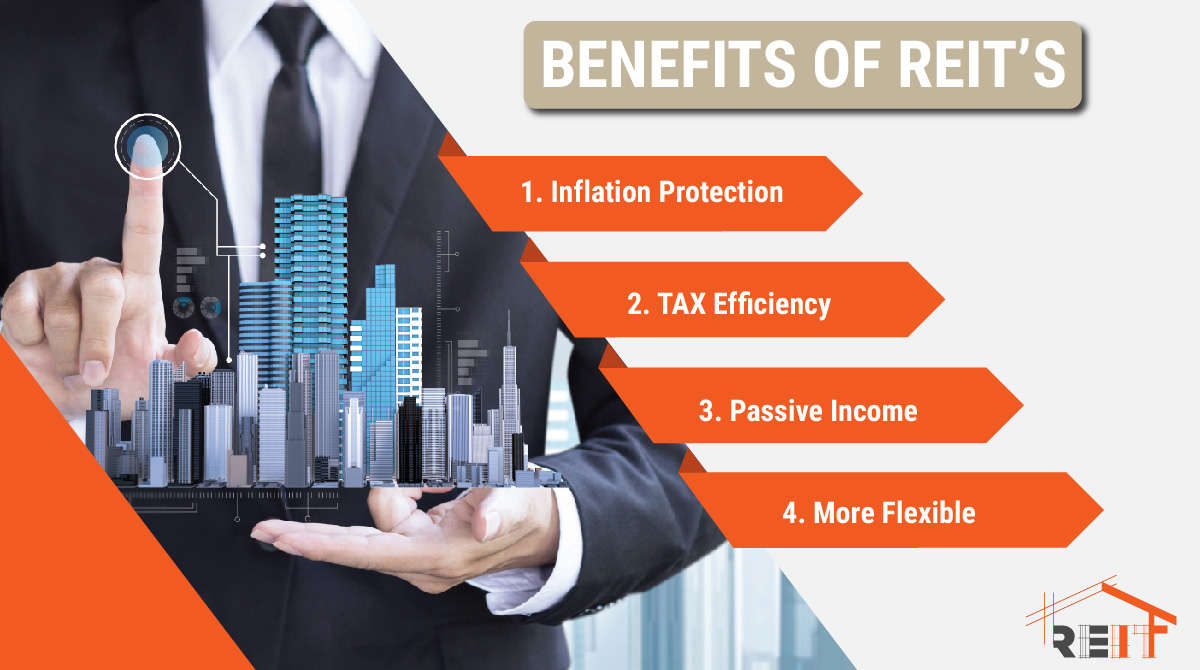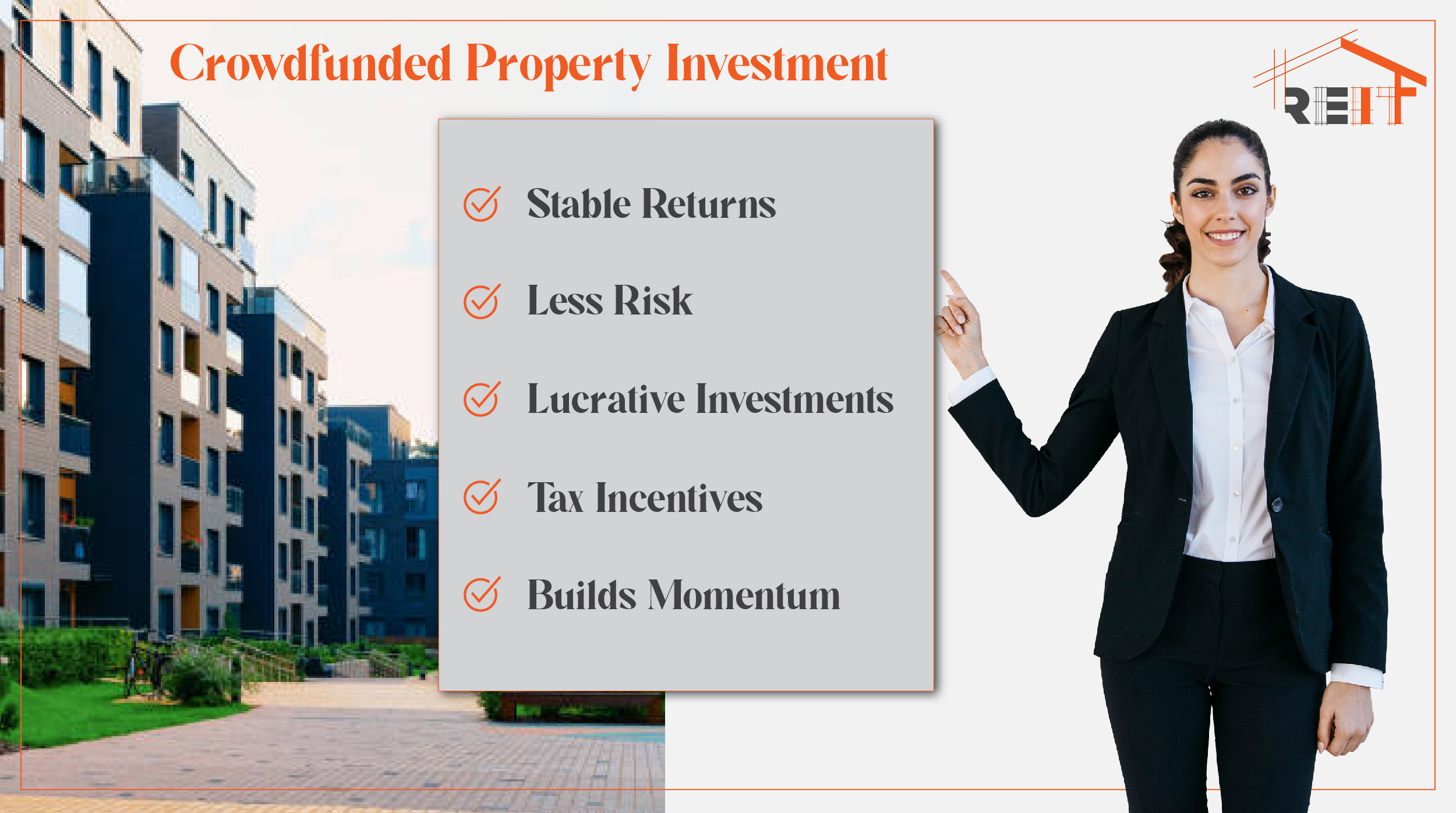Assessing the true value of commercial real estate is a multifaceted process that involves a combination of methodologies and considerations. Primarily, professionals use the Income Approach, which evaluates the property’s potential revenue generation.
This method calculates the property’s net operating income (NOI) and divides it by the capitalization rate (a reflection of the investment’s risk and potential return).
The Cost Approach, although less common for commercial properties, considers the cost of building a similar property after accounting for depreciation.
It’s essential to also account for external factors such as the property’s location, the state of the economy, potential for growth in the area, and current market trends.
lastly, engaging with a professional appraiser ensures that all these factors are meticulously evaluated to determine a commercial property’s accurate market value.
Are Sustainable Practices in Commercial Real Estate a Mainstay?
Sustainable practices in commercial real estate have transitioned from being a mere trend to a foundational mainstay in the industry. Driven by evolving environmental concerns, regulatory measures, and shifting tenant and investor preferences. Green and also sustainable designs and operations are now at the forefront of property development and management.
Buildings with energy-efficient features, water conservation systems, and healthier indoor environments are not only garnering higher rental rates but also enjoying increased occupancy rates.
Furthermore, as global attention to climate change intensifies, properties with a smaller carbon footprint position themselves favorably in the market. Additionally, sustainability often correlates with long-term cost savings, making it appealing from an operational perspective.
With the growing emphasis on ESG (Environmental, Social, and Governance) in investment decisions, it’s clear that sustainable practices in commercial real estate have become an integral and enduring aspect of the industry.
Types of Commercial Real Estate
Commercial real estate encompasses a wide range of property types, each with its unique features, potential uses, and market dynamics. Here are some of the main types of commercial real estate:
- Office Buildings
- Retail/Restaurant
- Industrial
- Multifamily
- Land
- Hotel/Resort
- Mixed-Use
- Special Purpose/Other
- Healthcare
- Hospitals
- Agricultural
- Sports & Entertainment
- Storage and Garage
How to Buy Commercial Real Estate Property for Your Business?
Purchasing commercial real estate for your business can be a significant investment that offers control over your operational space and potential tax advantages. When considering such a purchase, start by evaluating your business needs to determine the type and size of the property required.
Consider both current requirements and future growth. Secure financing in advance, either through traditional loans, SBA loans, or other financial instruments. Enlist the expertise of a commercial real estate agent who understands the local market and can provide insights into value and negotiation tactics.
However, conduct thorough due diligence; this includes assessing the property’s condition, understanding zoning laws, obtaining property appraisals, and reviewing any lease agreements if the property is multi-tenant.
Before finalizing the purchase, consult with legal and financial professionals to ensure that the deal structure aligns with your business’s long-term goals and risk profile. Lastly, consider how the property can be adapted or improved to fit your business’s specific operational needs.
Differences Between Commercial Real Estate and Residential
Here’s a brief comparison between residential and commercial real estate, presented in a table format:
| Aspect | Commercial Real Estate | Residential Real Estate |
| Purpose | Business operations or investment | Housing for individuals or families |
| Lease Duration | Long-term (often multiple years) | Short-term (months to a few years) |
| Value Determination | Income potential, location, lease agreements | Comparable sales, condition, amenities |
| Financing | Typically easier with lower interest rates | More complex, higher down payments, often higher interest rates |
| Maintenance Responsibility | Often passed to the tenant in triple net leases | Generally, the owner’s or landlord’s responsibility |
| Buyer/Seller Motivation | Primarily financial and strategic considerations | Emotional factors, life circumstances |
| Market Entry | Requires more capital, often more sophisticated buyers | Easier, accessible to the general public |
| Due Diligence | In-depth financial analysis, long due diligence periods, tenant evaluations | Inspection, title search, mortgage approval |
Is Location the Most Critical Factor in Commercial Real Estate?
In commercial real estate, the adage location is often emphasized, and with good reason. Location plays a pivotal role in determining the desirability, profitability, and utility of a commercial property. Its aslo importance can be attributed to several factors.
Additionally, a strategic location can ensure high foot traffic for retail businesses or accessibility for office workers, directly impacting sales or productivity. It dictates the property’s exposure to potential clients or customers.
Location influences the property’s appreciation potential and rental income. Proximity to transport hubs, main city centers, or amenities can boost property value and demand. Moreover, the surrounding infrastructure, local economic conditions, and future development plans for an area can impact investment returns.
While location is undeniably a crucial factor, it’s essential to consider other elements like property conditions, market trends, and lease agreements. Lastly, location is paramount in commercial real estate, and the market is necessary for informed decision-making.
6 Things to Know About Investing in Commercial Real Estate
Investing in commercial real estate can be a lucrative endeavor, but it’s crucial to understand the landscape before diving in. Here are six essential things to know:
1. Variety of Properties: Understand different types like offices, retail, industrial, and multifamily.
2. Distinct Financing: Commercial financing often demands higher down payments and scrutinizes property earnings.
3. Rigorous Due Diligence: Thoroughly evaluate property conditions, leases, and as much as local market trends.
4. Lease Length and Type: Commercial leases tend to be long-term, with varied structures like triple net leases.
5. Location and Market Dynamics: Research driving factors of demand, area development potential, and economic conditions.
6. Portfolio Diversification: Commercial properties can stabilize portfolios, offering steady cash flow and appreciation potential.
How Does Commercial Real Estate Contribute to Urban Growth?
Commercial real estate plays a pivotal role in urban growth and development. As businesses establish or expand their operations in urban areas, they necessitate the construction of offices, retail spaces, warehouses, and another commercial facilities.
This infrastructure not only provides direct employment opportunities during its construction phase but also facilitates the creation of jobs once businesses move in.
Additionally, as commercial spaces flourish, they attract ancillary services and amenities, making the urban center more appealing to both residents and other businesses. This cycle of development stimulates demand for better transportation and enhanced public amenities.
Moreover, vibrant commercial sectors increase the city’s tax base, providing local governments with the resources to invest in further infrastructure, services, and urban improvements.
Consequently, commercial real estate becomes both a catalyst and beneficiary of urban growth, fostering economic vitality and enhancing the quality of life for city dwellers.
5 Tips for Purchasing Commercial Real Estate
Purchasing commercial real estate is a significant commitment that requires careful planning and strategic thinking. Here are some essential tips for potential buyers:
1. Define Your Purpose: Understand why you’re buying—whether for your own business use, rental income, long-term investment, or redevelopment.
2. Budget Wisely: Apart from the purchase price, account for additional costs like closing fees, property inspections, potential repairs, and ongoing maintenance.
3. Location Matters: Choose a location based on the type of business or tenant you aim to attract. Consider factors like accessibility, visibility, and neighboring businesses.
4. Conduct Thorough Due Diligence: Before purchasing, assess the property’s condition, environmental considerations, zoning laws, and any potential legal encumbrances.
5. Understand the Lease Agreements: If the property is already tenanted, carefully review lease terms, rental rates, and tenant histories.
Conclusion
Commercial real estate, encompassing a range of property types from office spaces to retail outlets, warehouses to multifamily units, offers a plethora of investment and business opportunities. As cities grow and economies evolve, the demand for commercial spaces adapts, reflecting broader societal and economic trends.
While the sector presents lucrative prospects, it’s also rife with complexities. Success in this realm demands meticulous research, an understanding of market cycles, and astute financial planning.
Moreover, collaborating with professionals, staying abreast of local market conditions, and being adaptable can help stakeholders navigate challenges. Ultimately, while commercial real estate can be a cornerstone for wealth generation and economic growth, it requires a balanced mix of risk management, foresight, and strategic thinking.
FAQs
How can I finance a commercial property purchase?
Options include traditional bank loans, credit unions, commercial mortgage-backed securities, and specialized commercial lenders. Terms and requirements can vary significantly from residential financing.
What are the risks involved in commercial real estate investment?
Risks encompass market volatility, property vacancy, unexpected maintenance costs, changes in the local economy or infrastructure, and also potential shifts in demand for certain property types.
Why is due diligence crucial in commercial real estate transactions?
Due diligence ensures that the buyer understands the property’s condition, legal considerations, lease agreements, and potential challenges, allowing them to make an informed investment decision.











